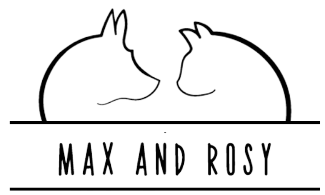Feeding Guide
Dogs
To transition, mix your dog’s current food with their new food. Over 7 days, gradually decrease the amount of the current dog food while increasing the amount of new dog food.
Adult Dogs
Feed approximately 2-4% of your dog's weight daily and split this between two meals. Use recommended quantities as a guide. Your dog’s requirements may vary according to its breed, age, size, activity and environment. Always ensure that your dog has free access to plenty of fresh, clean water Any eating disorder should be referred to your dog’s veterinarian without hesitation. If you require further information on feeding and care, please contact us.
| Activity Level | Percentage |
| Low | 2% |
| Moderate | 3% |
| Active | 4% |
Puppies
Feed at least 5% of body weight daily. This can be split into at least 2 and preferably 3 meals per day.
| Age (Weeks) | Amount to Feed |
| 7-10 | 8-10% of body weight |
| 10-16 | 7-8% of body weight |
| 16-20 | 6-7% of body weight |
| 20-24 | 5-6% of body weight |
| 24-36 | 4-5% of body weight |
| 36-56 | 3-4% of body weight |
| 56-68 | 2.5-3.5% of body weight |
| 68+ (Adult) | 2-3% of body weight |
Cats
Adult Cats: As cats mature, they become less active and their metabolism slows, requiring adjustments to their diet. Here’s a simplified feeding guideline:
- Optimal weight cats: 2% to 2.5% of their body weight daily.
- Overweight or senior cats: 1.5% of their body weight daily.
- Underweight, active cats: 3% of their body weight daily.
Kittens: Active and growing, kittens need more frequent, smaller meals compared to adults. Recommended raw food proportions are:
- 2 to 3 months: 10% to 13% of their body weight daily.
- 4 to 8 months: 6% to 10% of their body weight daily.
- 8 to 14 months: 3% to 6% of their body weight daily.
